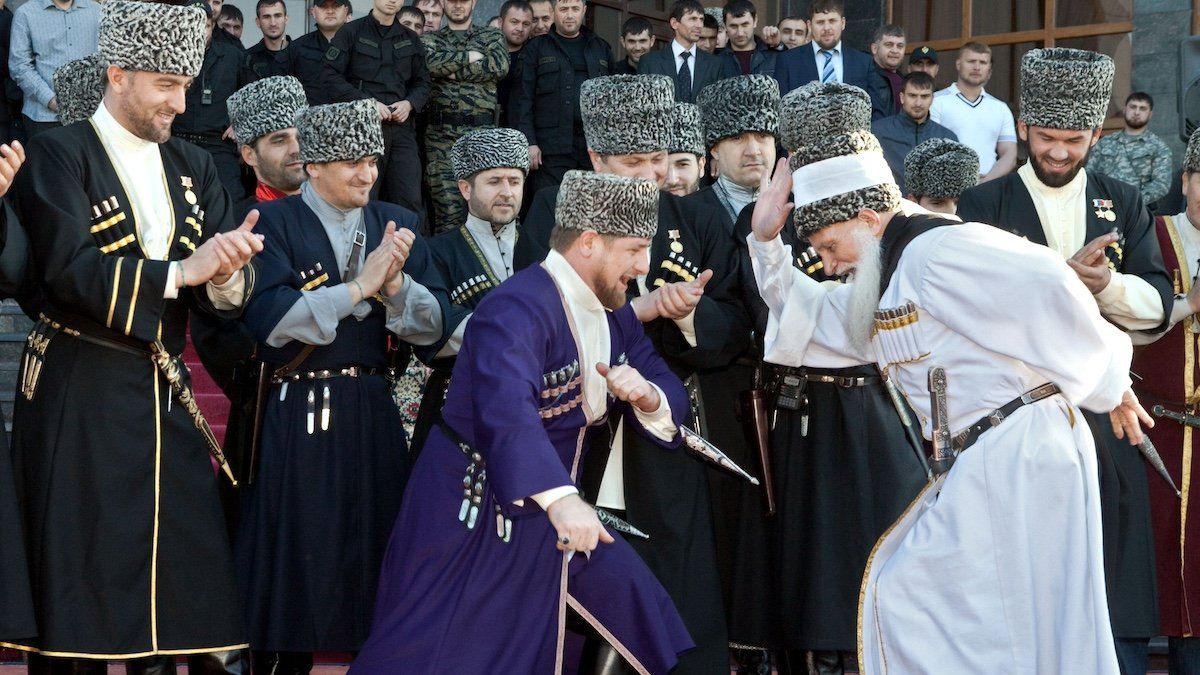116: Can you feel the beat? If you’re in Chechnya, from now on you are only rocking between 80 and 116 beats per minute. That’s because a new law bans any music faster or slower than that range. The Goldilocks move, taken by the quasi-Islamist dictatorship of Ramzan Kadyrov, aims to shield the North Caucasus republic – which is part of Russia – from insidious Western influences. But don’t worry – as GZERO design captain Ari Winkleman points out, you can still listen to Radiohead’s “Creep” (92 bpm) on repeat in the streets of Grozny.
52.5: Polish PM Donald Tusk’s centrist governing coalition won just 52.5% of the vote in Sunday’s municipal elections, a narrow victory that underscored the persistent strength of the far-right Law and Justice Party, which took close to 34%, the largest share of any single party. Tusk’s coalition ousted Law and Justice from national power in bitterly fought general elections last fall but has continued to clash with the party over rule-of-law issues and appointments ever since.
25 million: The Biden administration on Monday announced a sweeping new program of student debt forgiveness that it said would give relief to some 25 million borrowers, including those who are either facing economic hardship, owe more now than they did at the start of their payback periods, or who have had debt for more than 20 years. The new plan replaces an earlier one that was struck down by the Supreme Court but is expected to face some legal challenges of its own.
232,996: Argentina is facing its biggest-ever outbreak of dengue fever, with some 232,996 cases of the virus already registered this season, nearly double last year’s figure. Experts say that warmer temperatures, potentially linked to global warming, are extending the breeding season for the mosquitos that carry the disease. Dengue is sometimes fatal and never fun – high fevers, severe body aches, vomiting, and it can be more lethal the second time you get it.
9,940: If you think your little 20-minute morning run is something special, consider the feat achieved by the UK’s Russ Cook, otherwise known as “The Hardest Geezer.” Cook
just finished running from South Africa to Tunisia – ie, the entire continent of Africa. The 9,940-mile journey, which he ran for charity, took him almost a year to complete. To celebrate, the 27-year-old endurance athlete knocked back a strawberry daiquiri.
